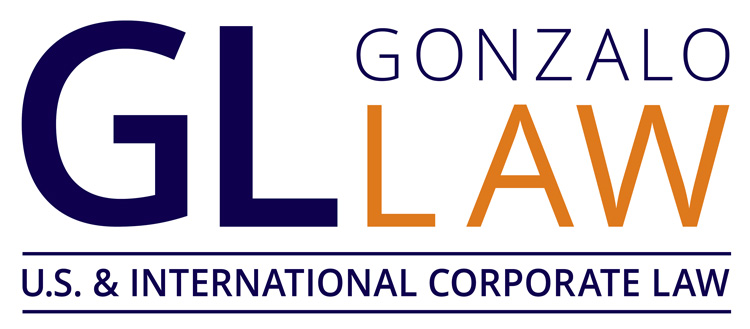The Uniform Commercial Code (UCC) and the United Nations Convention on the International Sale of Goods (CISG) have many similarities yet also contain many differences. If you are considering conducting business concerning the international sale of goods, it is important that you are aware of these differences prior to signing a contract.
The UCC was created with the intent to synchronize all commercial sales and laws of sales which take place within the 50 states in the US. It was first published in 1952 and has had many revisions throughout the years. Although it has been adopted by all 50 states, each state contains its own variations of the laws. The UCC generally applies to small businesses and entrepreneurs. It includes most commercial transactions comprising; investment securities and secured transactions, sales, lease, and negotiable instruments, fund transfers, bank deposits, collections and most other types of commercial transactions. While the UCC allows people to create agreements that are appropriate for their specific requirements it enacts precise uniform ways that they must be carried out.
The CISG is a treaty that was created and signed in Vienna in 1980. Currently 83 countries have signed the treaty. Unlike the UCC the CISG was created to govern international sales. It does not apply to any contract which is made up of 50% or more of any type of service or labor. The CISG is the governing body for any sale of goods contract in which the parties are in different countries. If a buyer from the U.S. contracts to buy goods from a foreign seller to ultimately sell out of his U.S. store then the CISG laws apply and not the UCC.
The CISG is a federal law whereas the UCC covers state laws. Federal laws always pre-empt state laws in any type of business transaction that falls under its scope. Therefore, the CISG is the governing law on all international business sales transactions unless the parties have agreed in detailed writing to opt out. Often times it can be confusing to know which laws apply. A business can be registered in one place but the actual sales transactions can be taking place in another. Prior to signing any contract involving sales it is recommended that you seek the advice of an attorney who specializes in business. They will be able to help you determine if the business that you are conducting qualifies as international and therefore governed by the CISG or if it is a domestic business in which all sales transactions are taking place in the U.S. and falling under UCC rules and regulations.
References:
- “Uniform Commercial Code.” Uniform Commercial Code Uniform Commercial Code Comments. U. S. Legal Inc., n.d. Web. 10 Dec. 2015. <http://uniformcommercialcode.uslegal.com/>.
- “Articles of the UCC.” Uniform Commercial Code Articles of the UCC Comments. U. S. Legal Inc., n.d. Web. 11 Dec. 2015. <http://uniformcommercialcode.uslegal.com/articles-of-the-ucc/>.
- Miller, Boyar. “The United Nations Convention on Contracts for the International Sale of Goods – Part 2 | Lexology.” The United Nations Convention on Contracts for the International Sale of Goods. Lexology, 23 Jan. 2012. Web. 11 Dec. 2015. <http://www.lexology.com/r.ashx?l=7Q5BZPY>.







